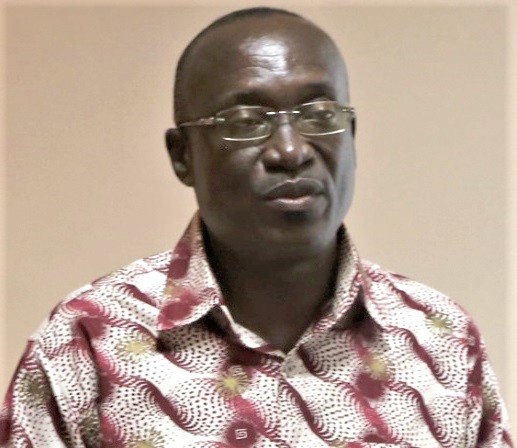
Quality of renewable energy products in Ghana not guaranteed - Energy Commission
The Energy Commission has said that it cannot guarantee that all renewable energy products on Ghana’s market are of the right standard.
It said there was no law that empowered the commission to undertake any form of scrutiny and to subsequently enforce standards for the importation of renewable energy products such as solar panels, batteries and inverters whether imported, manufactured, sold or installed in Ghana.
The Director of Renewable Energy and Energy Efficiency at the commission, Mr Kofi Agyarko, who disclosed this at an engagement with stakeholders in the industry, said the commission had started working with stakeholders to develop new standards and regulations to weed out sub-standard renewable energy products from the country.
The regulations, which would also cover labelling requirements of the renewable energy products, will enforce standards for minimum energy performance of renewable energy products.
Mr Agyarko, therefore, called on industry players and the public to support the commission in its quest to ensure consumer protection and the attraction of investment onto the sector.
Dumping
Mr Agyarko pointed out that a lot of substandard products are hovering around the globe looking for a destination to dump, hence the need for Ghana to follow up with the introduction of the regulations to make the jurisdiction unattractive for such products.
“The regulation has become necessary so as not to diminish consumer confidence, which could affect demand and supply and an eventual collapse of the market,” he said.
He also stressed that whereas renewable energy growth still remained low in the country, Ghana continued to lead the industry within the sub-Saharan African region, and that regulations ought to be instituted to insulate the country against the infiltration of substandard products.
Mr Agyarko pointed out that standards and labelling had been judged as the best practice for helping economic growth and ensuring environments became clean, and that “this is what we are seeking to achieve by way of the regulations”.
Players
Although industry players at the forum welcomed the need for regulation to address issues of quality and the avoidance of dumping, they argued that the commission was being unreasonable with its regulations.
The Secretary of the Association of Ghana Solar Industries, Mr Kwasi Agyenim Boateng, noted that while the regulations looked specifically at the need to protect certain types of products, previous laws introduced to guide the sector had been used to stifle development.
“For instance, there are requirements on commercial industrial solar system that require licence, but a ban has been placed on such installations by a ministerial letter nearly two years ago, thereby negatively affecting companies that have heavily invested in the sector,” Mr Boateng said.
The Director of Renewable Energy Association of Ghana, Mr Enoch Yeboah Agyepong, also recommended that the commission, in creating regulations, should take into account the views of manufacturers.
That, he said, would ensure that the knowledge from their experiences would be brought to bear in the local manufacturing renewable energy sector.
“It is our hope that these regulations would be forward-looking regarding the quality of materials in deployment for the production of solar technologies, as well as the end-of-life cycle of these innovative products,” Mr Agyepong said.
